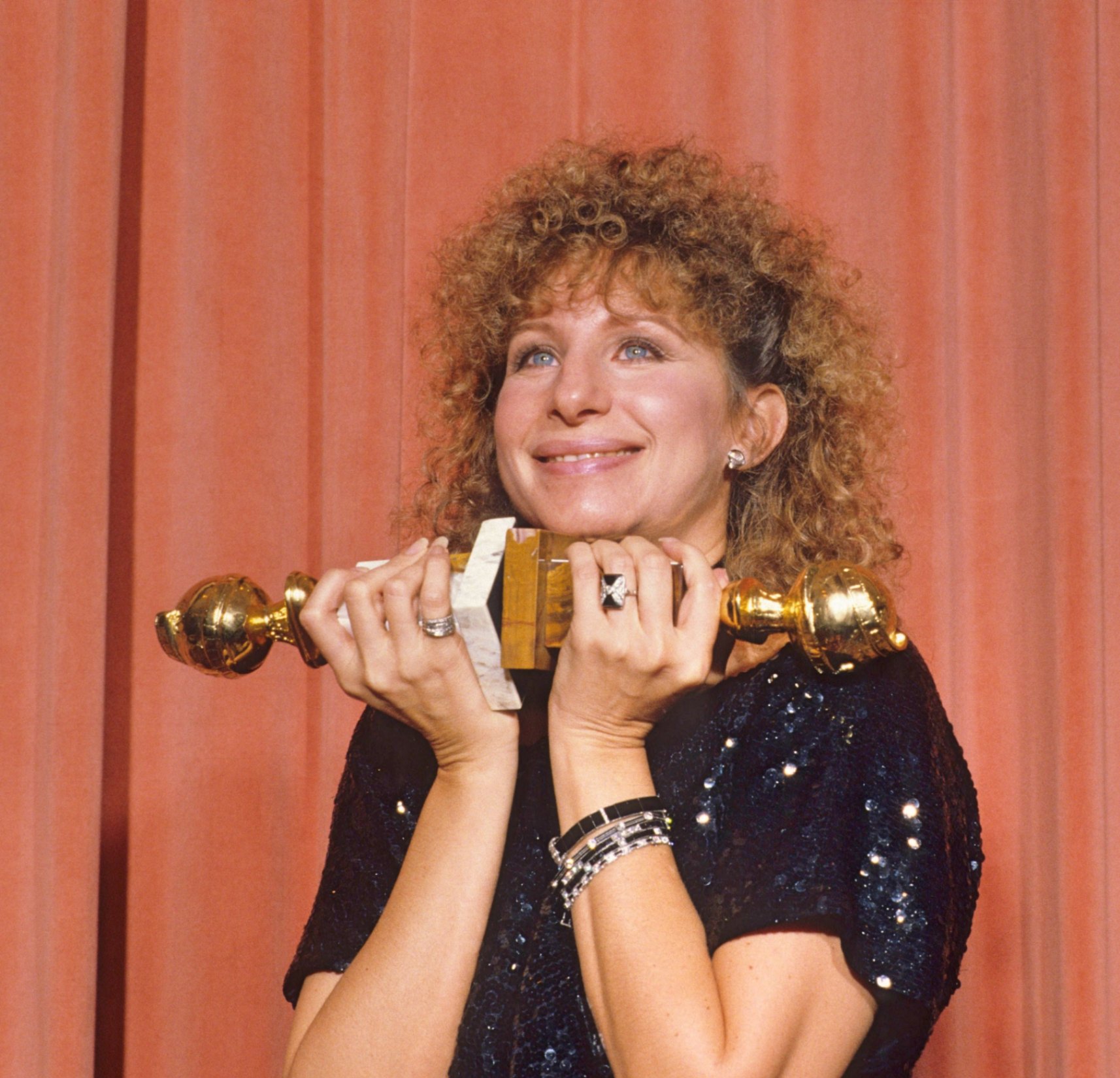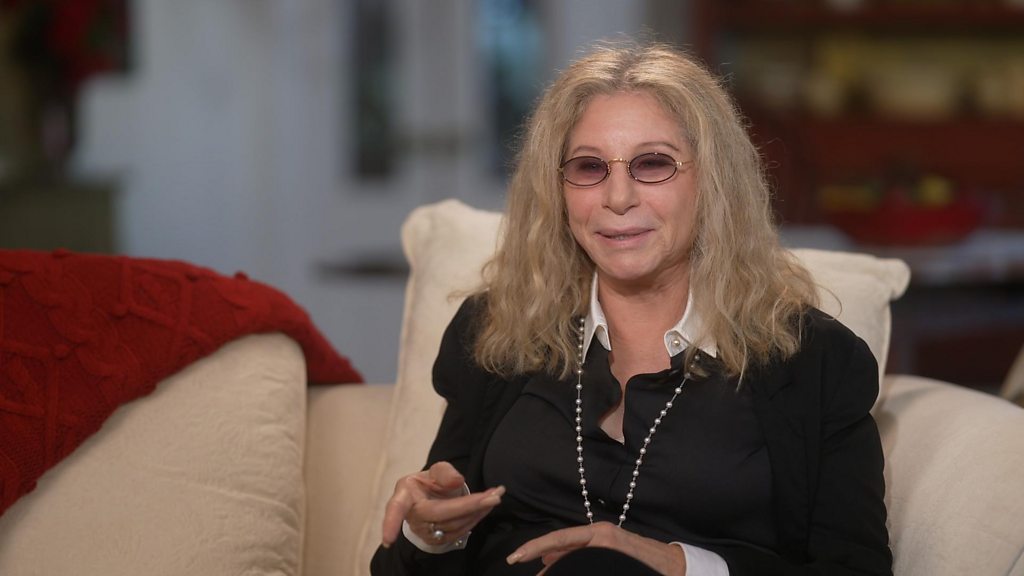From Outsider to Queen: How Barbra Streisand Broke Every Rule and Won
When people think of Barbra Streisand, images of glittering stages, Oscar statues, and a voice so powerful it could stop an audience mid-breath immediately come to mind. But behind the spotlight lies a far more radical story — one of defiance, vision, and an unshakable will to take control at a time when the world had no interest in letting a woman lead.
Barbra Streisand’s rise was never simply about talent. It was about revolution. She didn’t just sing songs; she rewrote the rules of Hollywood, redefined what it meant to be a star, and built a career on a foundation of choices that would forever change the music and film industries.
An Unlikely Star
Born in Brooklyn in 1942, Barbra was not the Hollywood ideal. She didn’t have the polished, picture-perfect look of actresses who graced magazine covers in the 1960s. Agents told her she was too “different,” critics noted her unconventional beauty, and even friends suggested she consider changing her nose or name if she ever hoped to make it big.
But Barbra refused. “I didn’t want to look like everybody else,” she would later say. “I wanted to be myself.”
This commitment to authenticity became her defining principle. Instead of molding herself into the system’s expectations, she demanded the system accept her on her own terms. That decision alone was revolutionary.

The First Steps of Defiance
In an era when women were rarely allowed to speak up creatively, Barbra made it clear from the start that she would not be a silent star. When she landed her first roles on Broadway and in film, she negotiated for script approvals, wardrobe input, and the ability to shape her own songs.
She turned down lucrative offers when they didn’t feel right for her image or message. For a young woman in the 1960s, this was nearly unthinkable. Studios wanted actresses to comply, not control. Singers were supposed to take whatever song was handed to them, not demand to direct their own musical vision.
Barbra did both. And the risk paid off.
A Demand No Woman Had Ever Made
When Hollywood came calling with promises of money and fame, Barbra shocked insiders by refusing the easy path. She didn’t just want to star in films — she wanted creative freedom. She wanted to produce, direct, and shape her projects.
In 1983, she released Yentl, a film she not only starred in but also directed, wrote, and produced. This was a first in Hollywood history. No woman had ever worn all those hats on a major motion picture. At the time, critics dismissed her as “too ambitious.” But audiences embraced the film, and it became a landmark for women in the industry.
Her decision came at a price. Studios hesitated to give her full authority on future projects. Male directors openly questioned her capabilities. But Barbra never wavered. She had already proved that she could do what no woman had done before.

The Legacy That Changed Everything
Insiders now reveal what many have long suspected: Barbra’s choices paved the way for an entire generation of female artists. Without her relentless demand for autonomy, it’s unlikely that pop icons like Madonna, Beyoncé, or Taylor Swift would have been able to negotiate for the level of control they hold today.
“Every female artist today lives in the world that Barbra Streisand created,” one industry expert recently said. And it’s true. Barbra didn’t just open a door; she kicked it off its hinges.
Her willingness to turn down big money in exchange for independence showed the industry that power could be redefined. She made it clear that success wasn’t about fitting in, but about owning your vision.
More Than a Voice
For decades, fans adored her voice, calling it one of the greatest instruments in modern music. But Barbra’s true legacy might not be in her records or her films. It might be in the unspoken message she sent to women everywhere: you can take control of your destiny, no matter how loud the world tells you to stay quiet.
Her journey from an “outsider” with an unconventional look to one of the most decorated and respected entertainers of all time is a testament to resilience. By the time she retired from touring, she had achieved EGOT status — winning Emmy, Grammy, Oscar, and Tony awards — yet she still insisted that her greatest achievement was being true to herself.

Redefining Hollywood Forever
Hollywood has never looked the same since Barbra Streisand. In an industry built on glamour, compliance, and control, she became the queen who reigned on her own terms. She didn’t just survive the system — she outsmarted it, reshaped it, and left a mark that can still be felt in every female artist who dares to demand more.
Barbra Streisand may have begun as the outsider who didn’t fit the mold. But by refusing to change, she became the queen who redefined the mold itself.
And in doing so, she didn’t just break every rule.
She rewrote them all.
